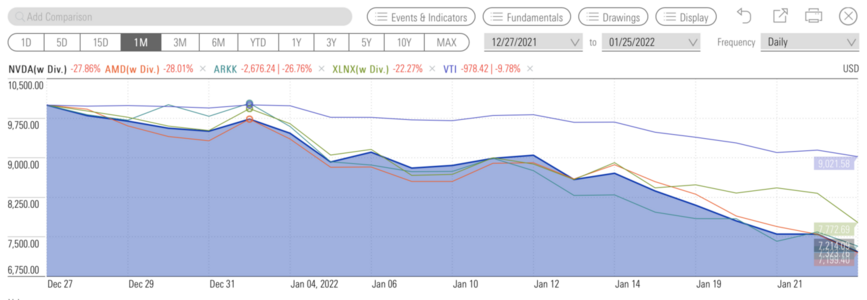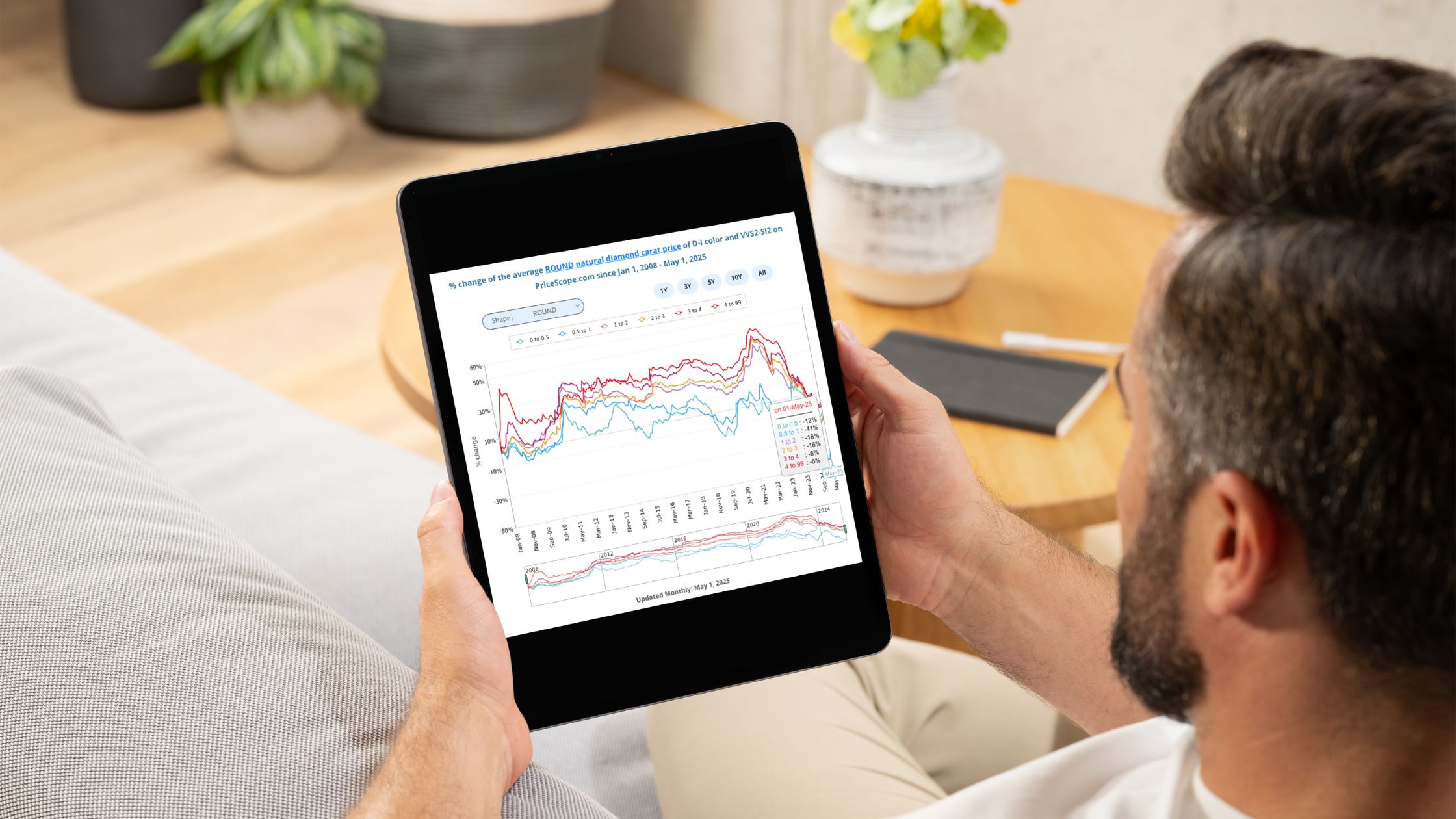MRBXXXFVVS1
Brilliant_Rock
- Joined
- Dec 5, 2019
- Messages
- 1,450
Love this story!
I've been buying and selling AMD and NVDA, amongst a few other stocks. Wish I'd stayed invested in AMD all along.
+1 on this, I would have made a LOT more money on AMD and NVDA if I had held vs. trying to take advantage of the volatility. I'm considering transitioning most of my brokerage positions to an S&P500 index ETF (IVV) and/or going long only.
I read an interesting article (and was actually thinking along the same lines) that investing in index funds yield much higher results than target date and/or managed funds. This is the case for 2 reasons: 1) greater concentration in stocks 2) lower fees. I'll probably keep my 401K in the targeted date fund though, and my brokerage account in S&P500...





300x240.png)